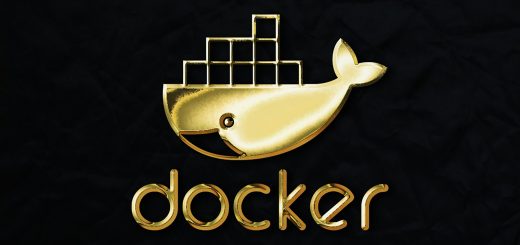Web Development Essentials: Libraries and Frameworks

In the dynamic world of web development, libraries and frameworks are indispensable tools that help developers build efficient, robust, and scalable websites and applications. This comprehensive guide explores essential libraries and frameworks that every web developer should know, offering insights into their functionalities, advantages, and best use cases.
Understanding Libraries and Frameworks
Libraries consist of pre-written code that developers can call upon to implement standard tasks, such as manipulating dates or handling complex mathematical calculations, thus saving time and boosting productivity. Frameworks, on the other hand, provide a more comprehensive structure for application development by dictating the architecture and offering tools that developers must use to build their applications.
Essential Web Development Libraries
- jQuery: Once the most popular JavaScript library, jQuery simplifies HTML document traversing, event handling, animating, and Ajax interactions for rapid web development.
- D3.js: Best for developers who need to create intricate graphs and data visualizations; D3.js manipulates documents based on data and brings data to life using HTML, SVG, and CSS.
- React.js: Not just a library, React is a declarative, efficient, and flexible JavaScript library for building user interfaces. It lets you compose complex UIs from small and isolated pieces of code called “components”.
Key Web Development Frameworks
- Angular: Developed and maintained by Google, Angular is a platform and framework for building client-side applications using HTML and TypeScript. It’s known for its powerful templates, next-generation state management, and excellent integration with other tools.
- Vue.js: Vue is a progressive framework for building user interfaces. Unlike monolithic frameworks, Vue is designed from the ground up to be incrementally adoptable. Its core library focuses on the view layer only, making it easy to pick up and integrate with other libraries or existing projects.
- Express.js: A fast, unopinionated, minimalist web framework for Node.js, Express is essential for developers looking to build web applications and APIs. It is known for its performance and minimalistic structure.
Choosing the Right Tool
- Project Requirements: Consider what the project needs. Angular might be overkill for small projects, whereas Vue might be just right.
- Community and Support: Larger communities can provide more support and resources, which can be particularly useful for solving complex problems.
- Learning Curve: Some frameworks and libraries are easier to learn than others. Assess your own or your team’s familiarity with the tool.
- Performance Needs: If performance is a critical factor, choose tools optimized for speed and efficiency.
Best Practices in Using Libraries and Frameworks
- Stay Updated: Keep your libraries and frameworks up to date to benefit from the latest features and security updates.
- Understand the Source Code: Familiarize yourself with the source code of libraries and frameworks. This knowledge can be invaluable for debugging and customization.
- Don’t Overuse: Only use libraries and frameworks when necessary; excessive use can lead to bloated, slow applications.
Conclusion
Libraries and frameworks are the building blocks of efficient web development. By choosing the right tools and understanding their core functionalities, developers can significantly enhance the quality and scalability of their web applications.


